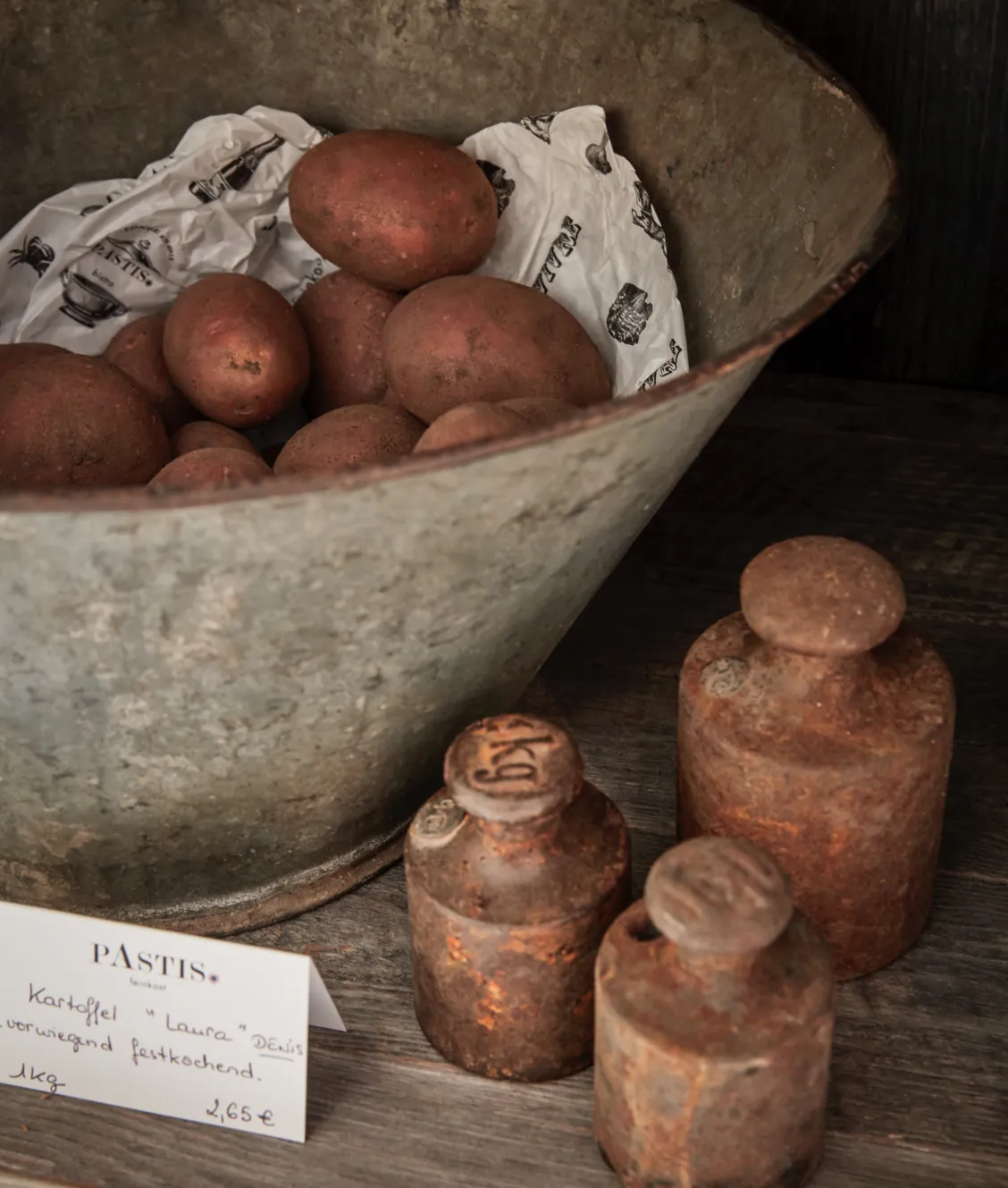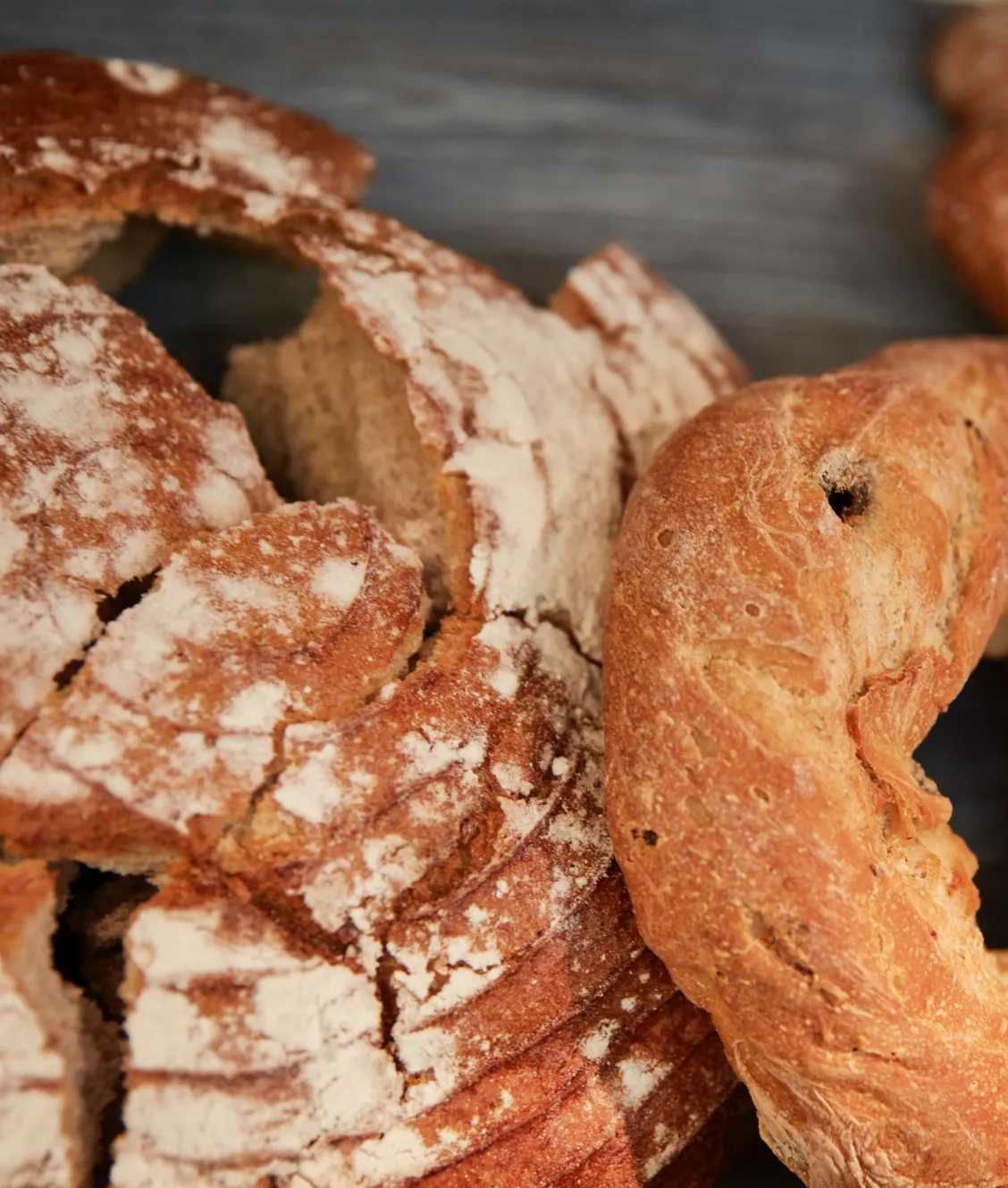
Words Maya FoxImages Steve Herud
In some ways, Günter Wagner’s decision to open La Maison was preordained. The Saarland native’s father ran a hotel and restaurant in the small town of Braunshausen. That hotel was modest—it mostly catered to bus tourists—but his father worked tirelessly. “Early on, there was the expectation that I would be the one taking over,” the younger Wagner says. As part of his training, he even went to culinary school and worked in a Michelin-starred restaurant. “Hospitality is something I know a lot about.”
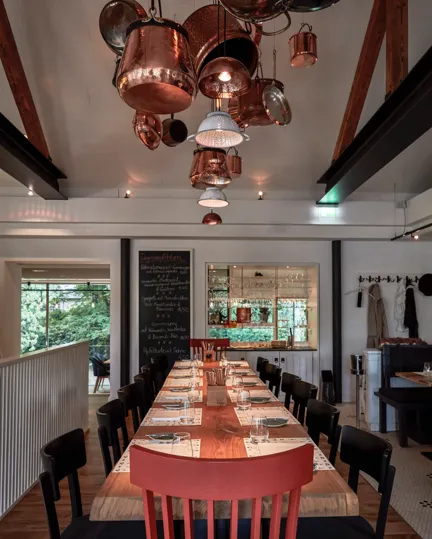
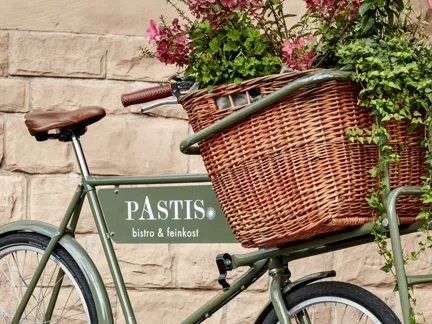
Today Wagner’s father is best known for founding Wagner Tiefkühlprodukte, one of Germany’s most popular frozen-food companies. Which explains why Günter Wagner would eventually leave hospitality and take up a leadership position in this growing food empire. In fact, it wasn’t until after he retired in 2008 and moved to Saarlouis, a small German town on the French border, that Wagner’s mind returned to the hotel world. That’s when he came across a century-old villa in the center of town that beckoned him. Although it was built as an officer’s casino, the building had long been used as government offices and then left empty.
There were still signs of the beautiful building that it had once been,” he says. And so he bought it. “I would walk around it every day and sit in the park and think to myself, what am I going to do with this?” he says. At first, he thought about opening a restaurant—one of his great passions is food, and before becoming a father himself he often traveled to visit gourmet destinations—but then his plans changed to include a hotel. “It all happened bit by bit,” he says.
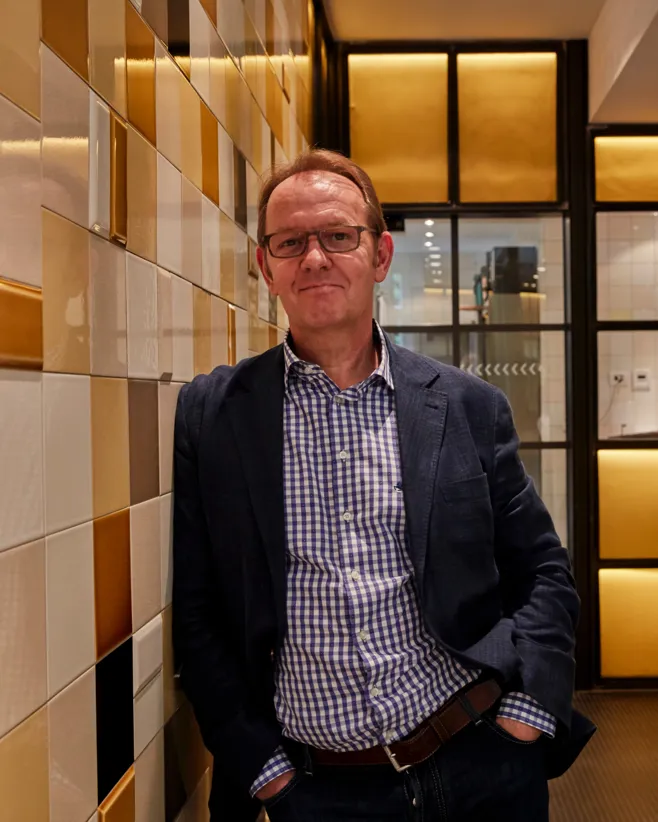
Günter Wagner
La Maison, Wagner points out, couldn’t be more different from his father’s old-fashioned, low-key establishment. For one, there’s the hotel’s design: To oversee the building’s expansion, Wagner brought in two forward-thinking architects, Christina Beaumont und Achim Gergen, who had previously worked for big names like Zaha Hadid and Rem Koolhaas. They designed a sleek, modern addition for the hotel, with a metal exterior that transforms as guests open and close their shutters. “The new building is innovative,” he says, “but we made sure that the modern doesn’t overwhelm the original.”
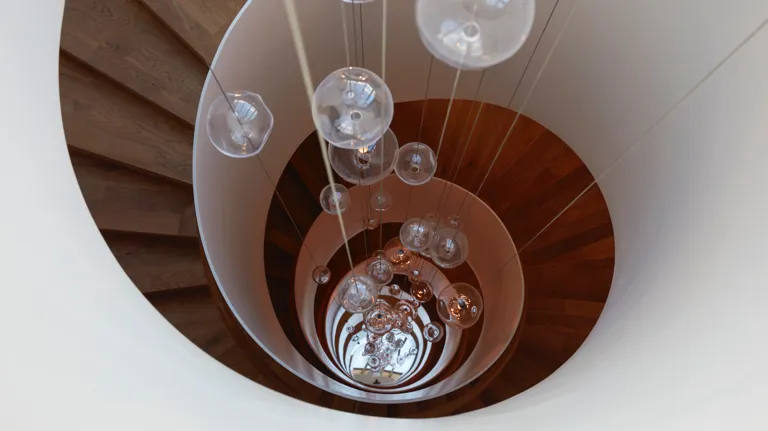
And then there were Wagner’s ambitious plans for Pastis and Louis, the hotel’s bistro and upscale restaurant, respectively. To oversee the kitchen, Wagner recruited Martin Stopp, an up-and-comer on the German gourmet scene. “You’re going to hear a lot more about him,” Wagner promises. Before coming to La Maison, Stopp worked at several Michelin-starred German restaurants, including the much-celebrated GästeHaus Klaus Erfort (three stars), and Saarbrücken’s Le Noir (one star) and with his help, Wagner says he is “hoping to attract a real gourmet clientele.”
But ultimately Wagner seems intent on retaining the intimate spirit of a family-run hotel. He’s put enormous effort into making sure his employees feel taken care of—the hotel’s staff quarters are immaculately designed; Wagner even helped arrange Stopp’s local accommodations. “If someone feels good,” he says, “they’ll do good work.” By using local construction materials, for example, he also wants to tie the hotel into the fabric of Saarlouis. “I want this to be a hotel where people feel comfortable,” he says. “I like things that are simple and good; I like things that are honest.”
